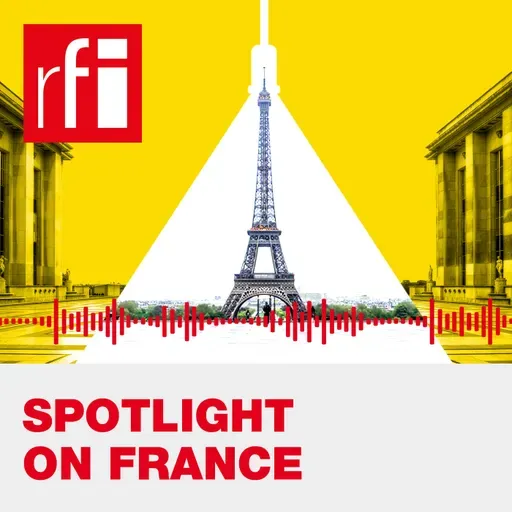
Podcast: US science 'refugees' in France, doctor shortages, 8 May massacre
Spotlight on France
France is opening its arms to foreign scientists, particularly from the US, as the Trump administration pulls back from climate research. French GPs and trainee doctors are up in arms over proposals to address 'medical deserts', which they say would make the problem worse. And as Europe marks the 80th anniversary of Europe Day, Algeria commemorates the 8 May, 1945 massacre of civilians by French colonial forces.
Ever since US President Donald Trump started defunding and dismantling US scientific institutions, France has made a push to get scientists to move. In March the French minister in charge of research asked universities to fund programmes to attract American scientists. In 2017, after Trump first pulled the US out of the Paris Climate Accords, Macron launched a recruitment drive aimed at climate scientists working in the US. Two of those grantees, Ben Sanderson and Philip Shulz, talk about the experience of leaving the US for France, and what the current environment is like for climate scientists today. (Listen @1'10)
With 87 percent of France considered a "medical desert", lawmakers and the government are looking to tackle doctor shortages. But the proposals – to regulate where specialists can open their private practices and require health professionals to work two days a month in areas with chronic shortages – have met with strong opposition from GPs, trainee doctors and students. Yassine Bahr, vice-president of the French junior doctors union (ISNI), and Anna Boctor, president of France's Jeunes Medecins (young doctors) union, talk about why the proposals won't solve the problem and the sense of injustice at being held responsible for a situation that is not of their making. (Listen @20'20)
On 8 May 1945, during a celebration of the end of WWII in Europe in the Algerian city of Setif, French colonial authorities shot at Algerians holding pro-independence signs. The ensuing riots then spread to neighbouring cities where the authorities unleashed a campaign of reprisals to crush the unrest – indiscriminately killing tens of thousands of Algerian men, women and children. France has yet to officially acknowledge its role in the massacres. (Listen @15'00)
Episode mixed by Cécile Pompeani
Spotlight on France is a podcast from Radio France International. Find us on rfienglish.com, Apple podcasts (link here), Spotify (link here) or your favourite podcast app (pod.link/1573769878).